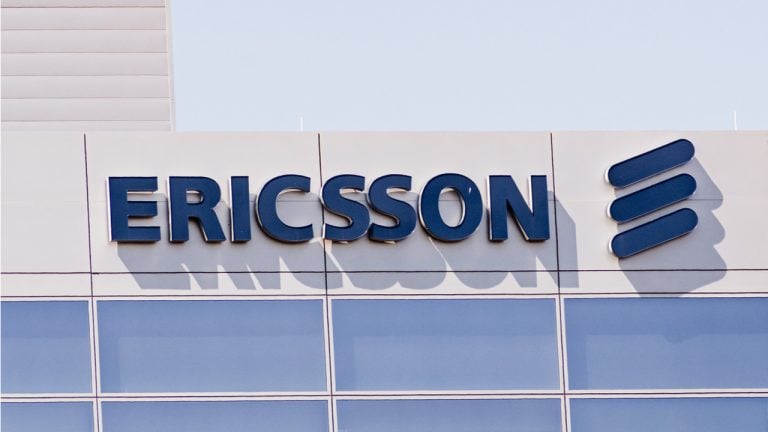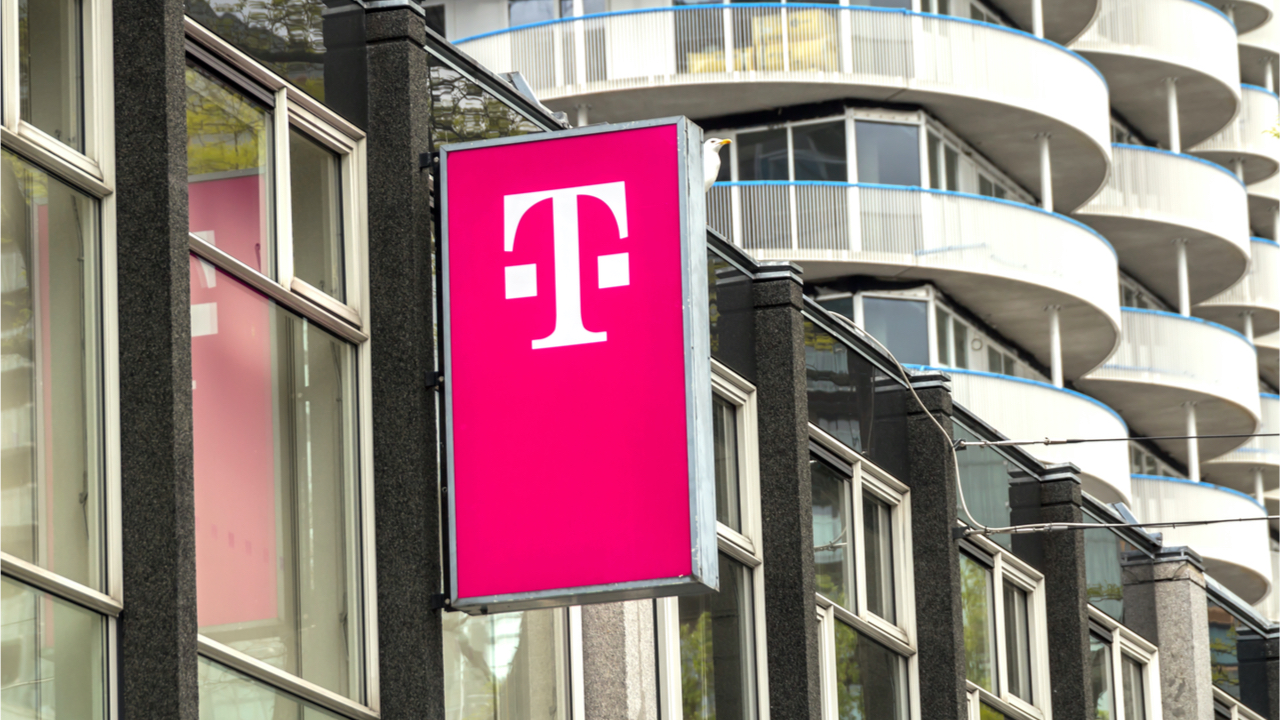
SK Telecom aims to expand its “affiliations with customer-preferred mainnets and decentralized applications (dApps)” using this tripartite agreement with the blockchain companies.
South Korean telecom giant SK Telecom (SKT) announced plans to launch a Web3 wallet service, T wallet, in partnership with layer 1 mainnet Aptos Labs and Atomrigs Lab.
SK Telecom’s vision to launch a blockchain wallet for cryptocurrencies and nonfungible tokens (NFTs) dates back to July 2022. The initiative at the time kicked off with SKT’s blockchain arm collaborating with AhnLab Blockchain Company and Atomix Lab to develop and operate a Web3 wallet.
SKT가 '웹3 지갑' 개발을 위해 안랩블록체인컴퍼니, 블록체인 전문기업 아톰릭스랩과 협력합니다. 웹3 지갑은 사용자가 블록체인 네트워크 상에서 발행된 다양한 유형의 토큰을 저장·전송·수신할 수 있는 디지털 자산 지갑입니다. ▶https://t.co/bi8SIDKK2M#SK텔레콤 #블록체인 pic.twitter.com/HFGCl3cIN8
— SK telecom (@SKtelecom) July 11, 2022
According to the latest announcement, SKT aims to expand its “affiliations with customer-preferred mainnets and decentralized applications (dApps)” using this tripartite agreement with the blockchain companies.
“Through the collaboration with Aptos, which marks our first non- Ethereum Virtual Machine (EVM) blockchain integration, SKT is committed to delivering a seamless and secure Web3 experience for our users.”
In an official tweet, SKT committed to delivering a seamless and secure Web3 experience for users.
SK telecom signed a tripartite agreement with #Aptos, a rapidly-emerging and scaling layer 1 mainnet, and Atomrigs Lab, SK telecom’s technology partner. Through the collaboration with Aptos, SK telecom is committed to delivering a seamless and secure Web3 experience for users. pic.twitter.com/Ga9qoZz84W
— SK telecom (@SKtelecom) November 7, 2023
The partnership will also see T wallet’s integration into Aptos’ decentralized application (dApp) ecosystem and adoption of its MoveVM blockchain technology.
Related: South Korea passes bill to make officials disclose Bitcoin holdings
South Korea’s National Tax Service (NTS) recently revealed that residents hold more than 70% of their overseas assets in cryptocurrency.
According to the official data, 5,419 entities reported their overseas financial accounts, holding a total of 186.4 trillion won ($140 million) in assets like cryptocurrencies and stocks, as well as deposits and savings.
Magazine: 6 Questions for Lugui Tillier about Bitcoin, Ordinals, and the future of crypto




